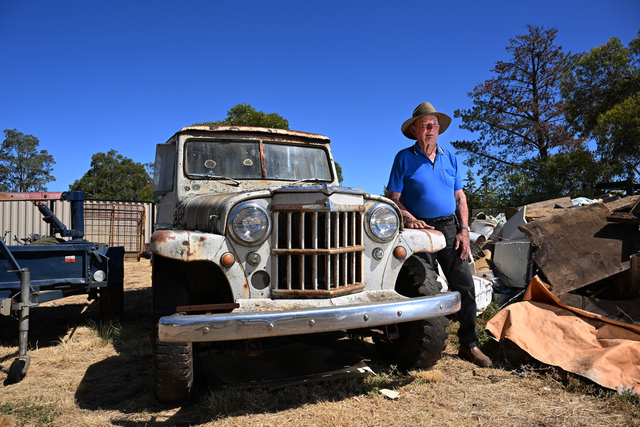Debt collection in Melton over utility bills is among the highest in the state, according to a new report from the energy and water ombudsman.
The report, released this week, outlined the number of utility bill cases lodged with the ombudsman’s office for the past year to June.
The figures show there were 770 Melton utility bill cases referred to the ombudsman in 2016-17, of which 120 cases involved debt collection.
In Wyndham, there were 120 debt collection cases from 895 cases reported. In Brimbank, there were 101 debt collection issues out of a total 853 cases. Moorabool had eight debt collections from 101 cases reported.
In 2016-17, the number of utility bill cases lodged by customers across the state fell from 36,152 to 32,002.
Disconnection or restriction of services topped the list of customer concerns for the fourth year, closely followed by complaints about high bills.
Customers also complained about credit default listings and billing errors.
Ombudsman Cynthia Gebert said she was concerned about the capacity of many customers to stay on supply.
“Affordability continues to loom large,” Ms Gebert said. “The ombudsman’s office is dealing with a high proportion of complex complaints, many of them from customers in vulnerable situations. Often, this type of complaint involves very high arrears, which the customer cannot afford to pay. When direct negotiation between customers and companies about payment options isn’t able to deliver an outcome that works for both parties, the complaint ends up at the ombudsman.
“As the credit case studies in the report show, investigation of these types of complaints is very challenging and time-consuming – for us and for the company. It can also be very distressing for the customer.’’
Ms Gebert attributed the 11 per cent overall fall in complaints to better complaint handling by energy and water companies.
Despite the overall fall in cases, the report shows increases in the past year in complaints about the provision of an energy or water connection (up 23 per cent); how company activities or network assets affect land or property (up 15 per cent); and the supply of energy or water (up 11 per cent).
Information: www.ewov.com.au
















